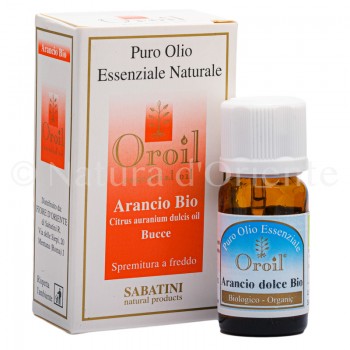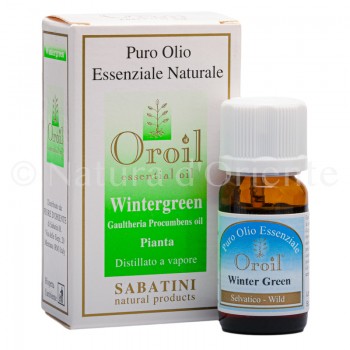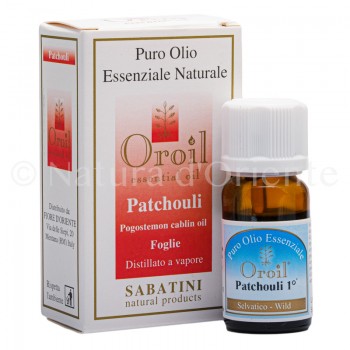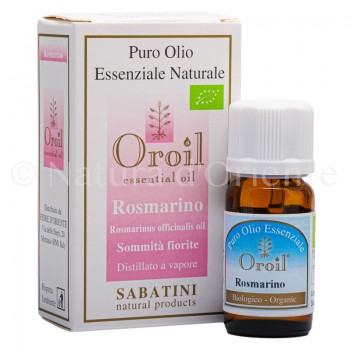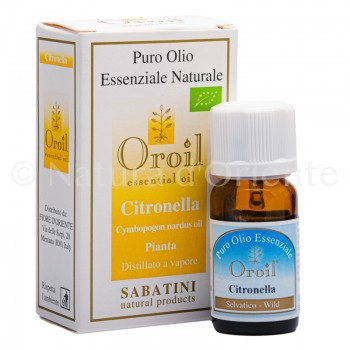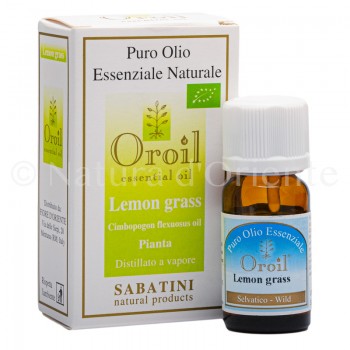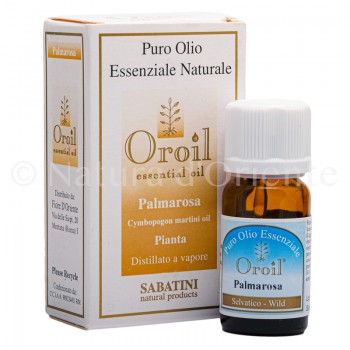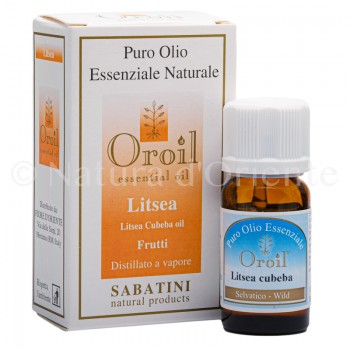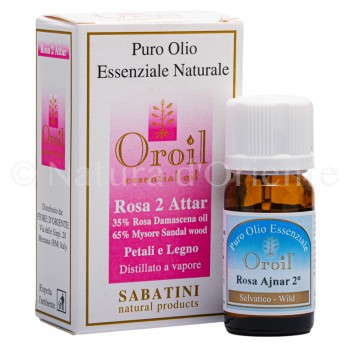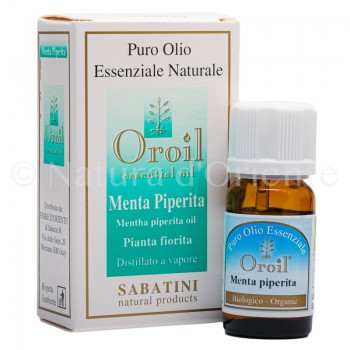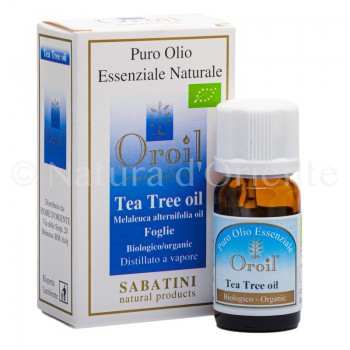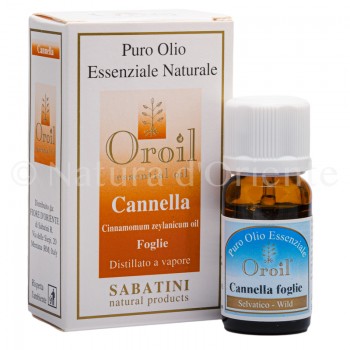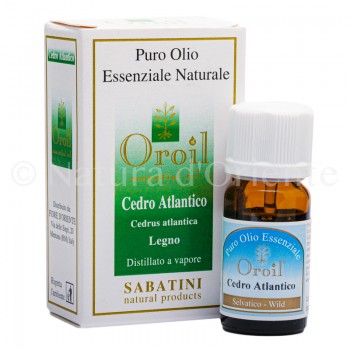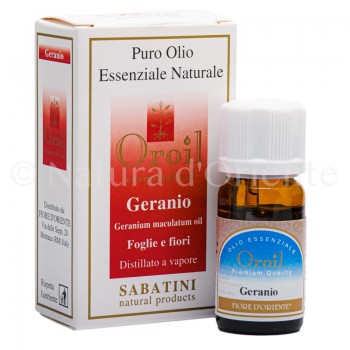The essential oil obtained from this citrus fruit is indicated in aromatherapy to counteract stress and depression, essentially diffusing it in the air, but it is also used as a disinfectant useful against acne and other skin conditions. skin or mucous membranes.
The plant and the production of essential oil
Bergamot is a citrus fruit, the scientific name is Citrus bergamia (you may also find it written as Citrus x Bergamia, the x sign indicates that the species is a hybrid), as a botanical classification it belongs to the Rutaceae family and to the Citrus genus, like all other citrus fruits. It is a small evergreen tree, not exceeding four meters. The leaves are shiny, the flowers white, the fruit looks like an orange but is smaller, green before ripening and then yellow. The fruit is not very common on the market because the juice is very bitter, but it is used in many preparations: both in the cosmetic and food industries. The essential oil is obtained by squeezing the peel, in fact the essential oil is contained in abundance in cells placed under the peel which are broken mechanically.
Properties of bergamot essential oil
Like all essential oils, bergamot oil has antiseptic properties, it also has astringent properties and therefore can be used as a sebum-regulator. As far as the properties relating to the emotional sphere are concerned, it is an antidepressant and anti-stress.
Topical use of bergamot essential oil
A few drops of bergamot essential oil added to the moisturizer help fight acne through both the disinfectant and astringent action that regulates production of sebum. Another possible way to combat the infamous "blackheads" is to pour a few drops into hot water and take a steam bath. As anticipated, the disinfectant action of bergamot essential oil is also recommended for affections of the mucous membranes in particular of the urinary tract, such as cystitis. It goes without saying that if an essential oil should never be used on the skin, let alone on the mucous membranes, in this case it is recommended to take a sitz bath, i.e. pour a few drops (generally 8 or 10 at most) of essential oil into a bowl large enough to immerse the basin (since the tanks of the same name are somewhat disused today) and immerse yourself for at least a quarter of an hour.
Bergamot essential oil in aromatherapy
Environmental diffusion is instead the fruition technique for those who want to exploit the benefits of bergamot essential oil on the psychic sphere. For this purpose, you can use the special aromatherapy diffusers that are now very common on the market but the humidifying tray of the radiator will also be fine. The relaxing effect can be useful for combating stress and agitation but also insomnia. Warnings: To the usual recommendation valid for all essential oils, that of not using bergamot essential oil during pregnancy and breastfeeding and not to use it on children, we add the common warning for all essential oils obtained from citrus fruits: this oil is phototoxic.
What does phototoxic mean? Which is normally non-toxic and well tolerated, but if you expose yourself to the sun immediately after applying it to the skin, you risk the appearance of skin spots or even burns.

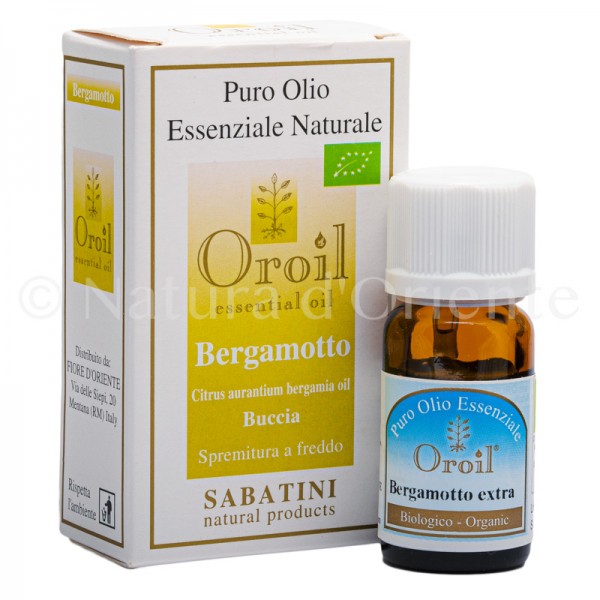

 By buying this product you can collect up to
By buying this product you can collect up to
